- A state’s name can give a lot of backstory to the region’s history.
- Some states were named after the native tribes that lived in the land, while others were named after the kings and queens of the empires who sent explorers to colonize them.
- Wyoming got its name after a series of misspellings and miscommunication.
- Visit INSIDER’s homepage for more stories.
What goes into a name?
For America, the names of the 50 states reflect their histories, whether it be the tribes native to their region or the European countries that came to explore and colonize. Some state name origins are unconfirmed or disputed, but a majority of them have definitive etymologies. For example, the Carolinas were named after King Charles II of England.
Read on to learn where the names of all 50 states came from.
Alabama’s name has a few explanations, including a Native American word meaning “tribal town.”

Scholars believe that the name has roots in the Choctaw language and is possibly translated to “vegetation gatherer,” an apt name as the Alabama Native Americans were known to clear vegetation for agricultural purposes.
Alaska translates to "the object toward which the action of the sea is directed."

Named during the Russian colonial period in the 18th century, the name Alaska, derived from the Aleut language, translates to "the object toward which the action of the sea is directed."
Arizona is derived from the Spanish word Arizonac.

The name Arizona is derived from the Spanish word "Arizonac," which has origins in the Native American O'odham people's word alĭ ṣonak, meaning "small spring."
Arkansas was the French pronunciation of the Native American people called akansa.

The Quapaws were the Native Americans who originally inhabited the land of Arkansas. The Algonquin Native Americans referred to the Quapaws as the "akansa," which the French pronounced as "Arcansas."
The reason we don't pronounce the last "s" in Arkansas like we do Kansas is because of an 1881 act passed by the state legislature that was enacted to end a dispute by two US Senators who were conflicted on whether or not to pronounce it.
California was the name of an island in a popular 16th century romance novel.

California was the name of an island in the popular 16th century romance novel "Las sergas de Esplandián" written by Spanish writer Garci Ordóñez de Montalvo. When Spanish explorers discovered what is now known as California, they believed the land to be an island. Due to the popularity of Montalvo's story, the Spanish explorers were aware of the novel and mistook the land for the California in the book. Even after the explorers discovered that the real California was not, in fact, an island, the name had already stuck.
Colorado is named after the Colorado River.
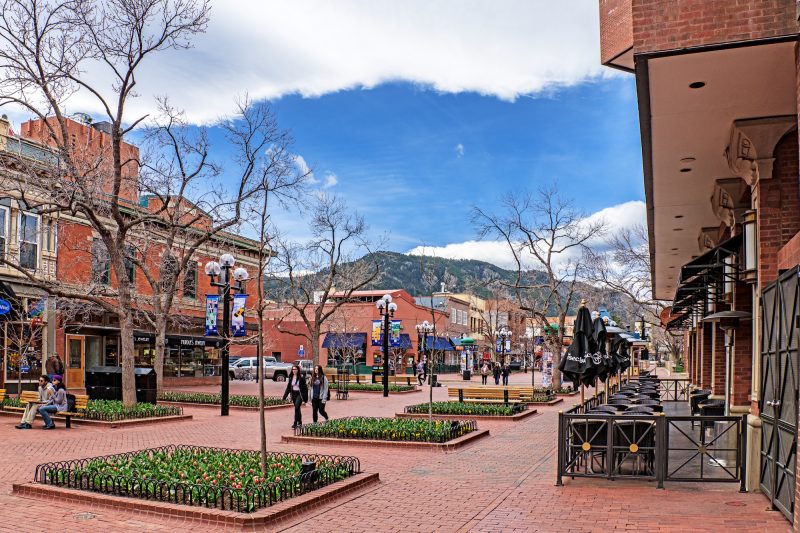
Colorado is named after the Colorado River. Spanish explorers named it the "Rio Colorado" which in Spanish means "colored red."
Connecticut is named after the Connecticut River.

Connecticut is named after the Connecticut River. "Connecticut" stems from the Native American Mohican word "quinnitukqut," or "at the long tidal river."
Delaware is named for the Delaware River.

Delware is named for the Delaware River. The river was named after Thomas West, 12th Baron De la Warr, one of the founders of Virginia.
In an attempt to find the Fountain of Youth, a Spanish explorer discovered Florida and called it La Florida, or "full of flowers."

There are two possible back stories to Florida's name and they both involve the Spanish explorer Juan Ponce de Leon. In an attempt to find the Fountain of Youth, Ponce de Leon discovered Florida and called it "La Florida," or "full of flowers."
Another theory is that Ponce de Leon discovered the land on Palm Sunday in 1513 and named Florida "Pascua florida," or "flowering Easter."
Georgia was named after King George II of Great Britain.

Georgia was named after King George II of Great Britain after the state was colonized in 1732.
According to Hawaiian mythology, the islands of Hawaii were discovered by a man named Hawaii Loa.

Legend says Hawaii-loa discovered one of the islands of Hawaii on a fishing excursion.
The name Idaho was invented by mining lobbyist George M. Willing.

George M. Willing had claimed the word came from the Shoshone Native Americans. The origin was revealed to be a hoax, but "Idaho" had already become commonplace.
Illinois comes from the French spelling for the Inoca, a group of Native Americans.

The Native American word "iliniwok," from which the name Illinois stems, means "best people," according to Culture Trip.
Indiana is Latin for "land of the Indians."

Indiana, translated from Latin, means "Land of the Indians," as early explorers mistakenly believed they had reached the South Indes. Many Native American tribes inhabited Indiana including the Miamis, Chippewa, Delawares, Shawnee, Iroquois, and Mohegan.
Iowa is named after the Iowa river.

The Iowa river was named after the Native Americans of Iowa, the Ioways, a Sioux tribe.
Kansas comes from the Native American Kansa tribe.

Kansas stems from "kká:ze," a Siouan term for the Kansa tribe. Kansas is the English spelling of the word, which is why the "s" is pronounced (versus the French spelling, Arkansas, where the "s" is silent).
Kentucky comes from the Kentucky river.

The original application of Kentucky was for the Kentucky River. The name has origins in a Native American Iroquois or Shawne word meaning "meadow."
Louisiana means the "Land of Louis," after the French King Louis XIV.

In 1682, the French explorer René-Robert Cavelier, Sieur de La Salle, claimed the territory for France.
Maine might stem from Maine in France.

There is no definitive origin for Maine but it's possible that the name stems from the province of Maine in France. Another theory is that French explorers dubbed the prevalent island of Maine as such to denote it as "the main" or "Main Land" in order to distinguish it from the smaller islands.
The state of Maryland was named after Henrietta Maria, wife of King Charles I.

England's Charles I named Maryland after his wife Henrietta Maria, also known as Queen Mary. Maryland was founded as a religious haven for Catholics persecuted in England.
Massachusetts is the plural form of the word Massachusett, the native people who lived there.

Massachusett means "at the large hill" in reference to the Great Blue Hill.
Michigan is named after Lake Michigan.

Michigan comes from the native American word "Michigama" or "big lake."
Minnesota is named after the Minnesota River.

The Minnesota River's name comes from the Native American (more specifically the Dakota Sioux) word "mnisota," which means "cloudy water."
Mississippi is named after the Mississippi River.

Mississippi was named after the river, which comes from the French variation of a Native American word meaning "big river."
Missouri means "people of the big canoes."

Missouri stems from the Native American word "wimihsoorita" meaning "people of the big canoes."
Montana comes from the Spanish word montaña, meaning "mountain."
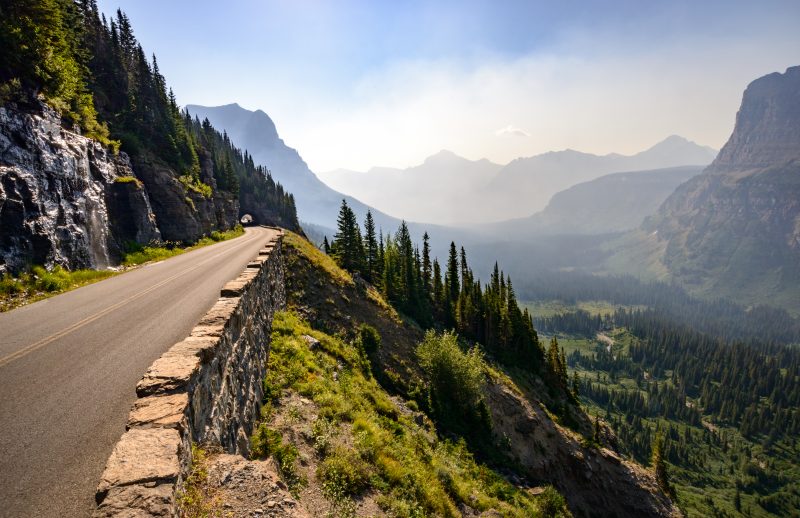
The term was applied because of the Rocky Mountains, despite the fact that the range only covers one side of the state.
Nebraska is based on a Native American word meaning "flat water."

The Native American word "Nebrathka" means "flat water," and refers to the state's symbol the Platte River.
Nevada is named after the Sierra Nevada mountain range.

"Sierra Nevada" means snow-covered mountain range (Nevada means "covered in snow" in Spanish).
New Hampshire is named after a county in England.
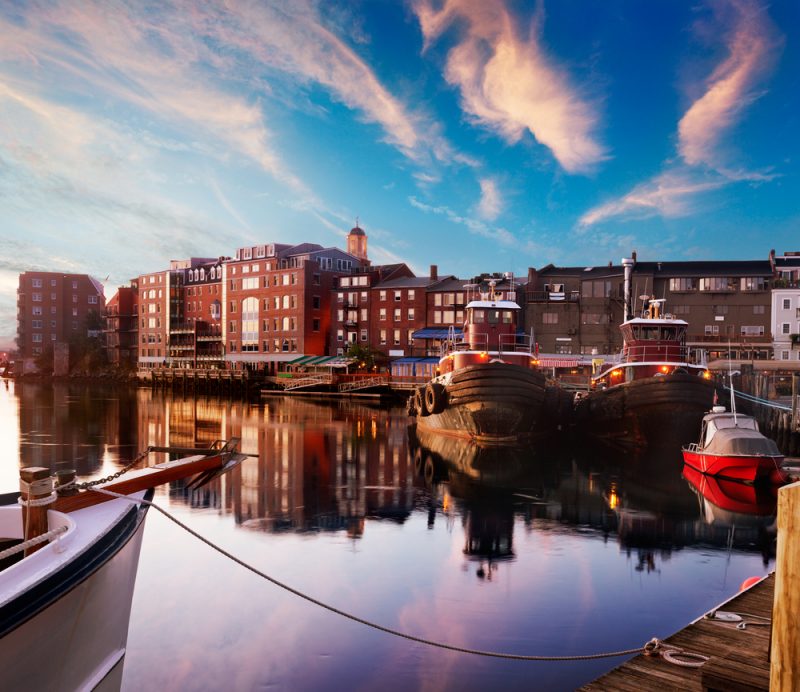
English settler Captain John Mason named New Hampshire after the county of Hampshire on the southern coast of England.
New Jersey is named after an English island.

New Jersey gets its name from the Island of Jersey in the English Channel.
The Spanish named New Mexico for the lands north of the Rio Grande, which runs along northern Mexico.

In the Native American Nahuatl language, "Mexico" means "place of Mexitli" (an Aztec god).
New York was named after the 17th century Duke of York.

The Duke of York was the brother of England's King Charles II. The region was originally called New Amsterdam when the Dutch had control of the territory before England claimed the land.
North Carolina was named for England's King Charles I.

The name Charles has roots in the Latin word Carolus.
Both Dakotas come from the name of the Dakota Native American tribe.

Dakota is a Native American word that means "friend."
Ohio comes from the Ohio River.
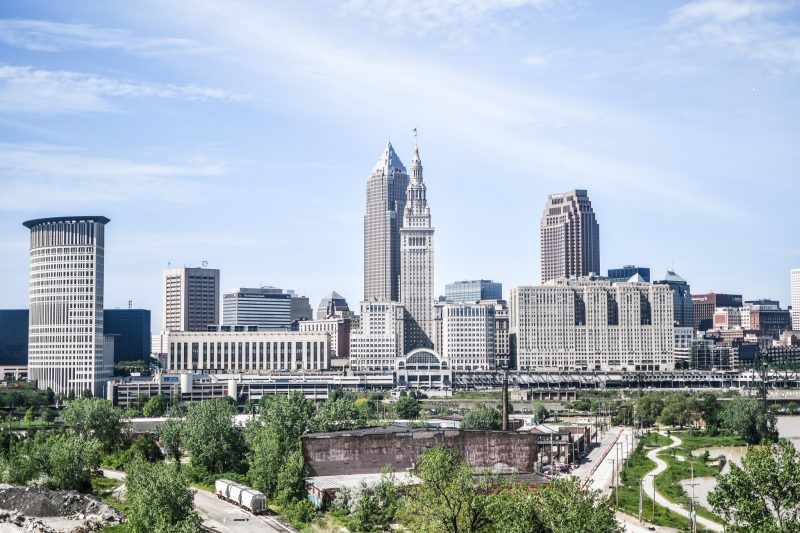
Ohio was originally applied to the Ohio River, which comes from a Native American word meaning "good river."
Oklahoma is a combination of the two Choctaw words "okla" and "homma," which mean "people" and "red," respectively.

Oklahoma's name began being recorded as such in 1541 with Spanish explorer Coronado.
Oregon's origins are unknown, but the name might come from a 1715 French map.

On the map, the Wisconsin River is called "Ouaricon-sint."
Pennsylvania is a combination of the surname Penn and the Latin word sylvania, which means "woods."

The state was named after Admiral William Penn, the father of William Penn, the state's proprietor.
One theory about Rhode Island's name is that Italian explorer Giovanni da Verrazzano named it after the Isle of Rhodes because of its similarities to the Greek island in the Aegean Sea.

The second theory claims that the Dutch explorer Adriaen Block named the island "Rood Eylandt," or "red island" in Dutch, for its red clay.
South Carolina is named for King Charles I of England.
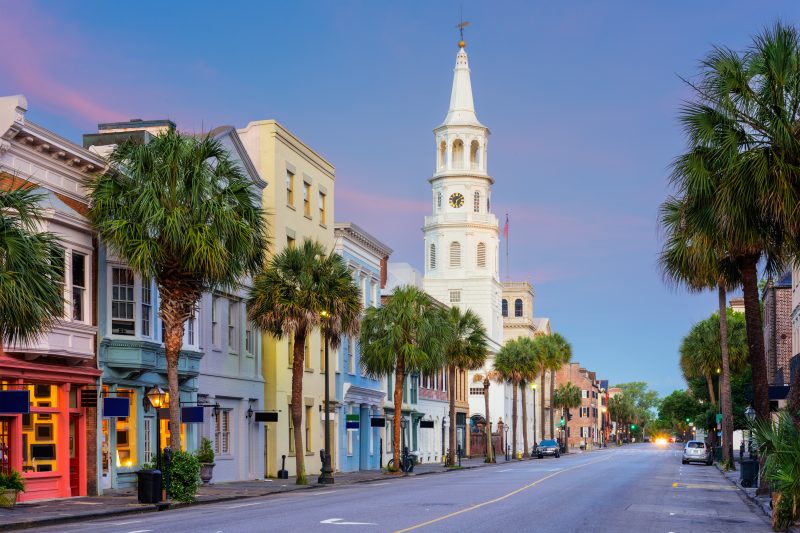
The name Charles has roots in the Latin word Carolus.
South Dakota's name comes from the Dakota Native American tribe.

Tennessee comes from the Cherokee village name "ta nasi," but its origins are unknown.

In 1567, Spanish explorer Captain Juan Pardo first recorded the name when his soldiers discovered the Native American village "Tanasqui."
Texas is derived from the Native American word "teyshas," or "friend."

Spanish explorers recorded the word as "tejas" in the 1540s, thinking it was a tribal name.
Utah comes from the word from "yuttahih," an Apache Native American word meaning "people of the mountains."

Europeans began referring to the area as the land of the Utes, and the rest is history.
Vermont comes from the French words "ver" and "mont," which mean "green" and "mountain," respectively.

In French, the correct format would be "mont vert."
Virginia is named after England's Queen Elizabeth I.

Queen Elizabeth I was also known as "The Virgin Queen."
Washington is named after America's first president.

Washington's portrait also appears on the state's flag.
West Virginia is also named for Queen Elizabeth I.

In 1863, West Virginia was granted statehood after the people of the western region of Virginia sought to join the Union.
Wisconsin's name has unknown origins but is likely the result of a series of miscommunications.

European explorer and missionary Father Jacques Marquette called the Wisconsin River the "Meskonsing" in his journal during a voyage. Explorer Rene Robert Cavelier, Sieur de La Salle misread Marquette's capital "M" and reprinted it "Ou." Various misspellings eventually led to the most commonly used "Ouisconsin." After the War of 1812, Americans frequented the state and eventually dropped the French "Ou" for the American "W."
Wyoming gets its name from Wyoming Valley, which was in northeastern Pennsylvania.

The state's name comes from the Native American word "mecheweamiing," which means "at the big plains."
